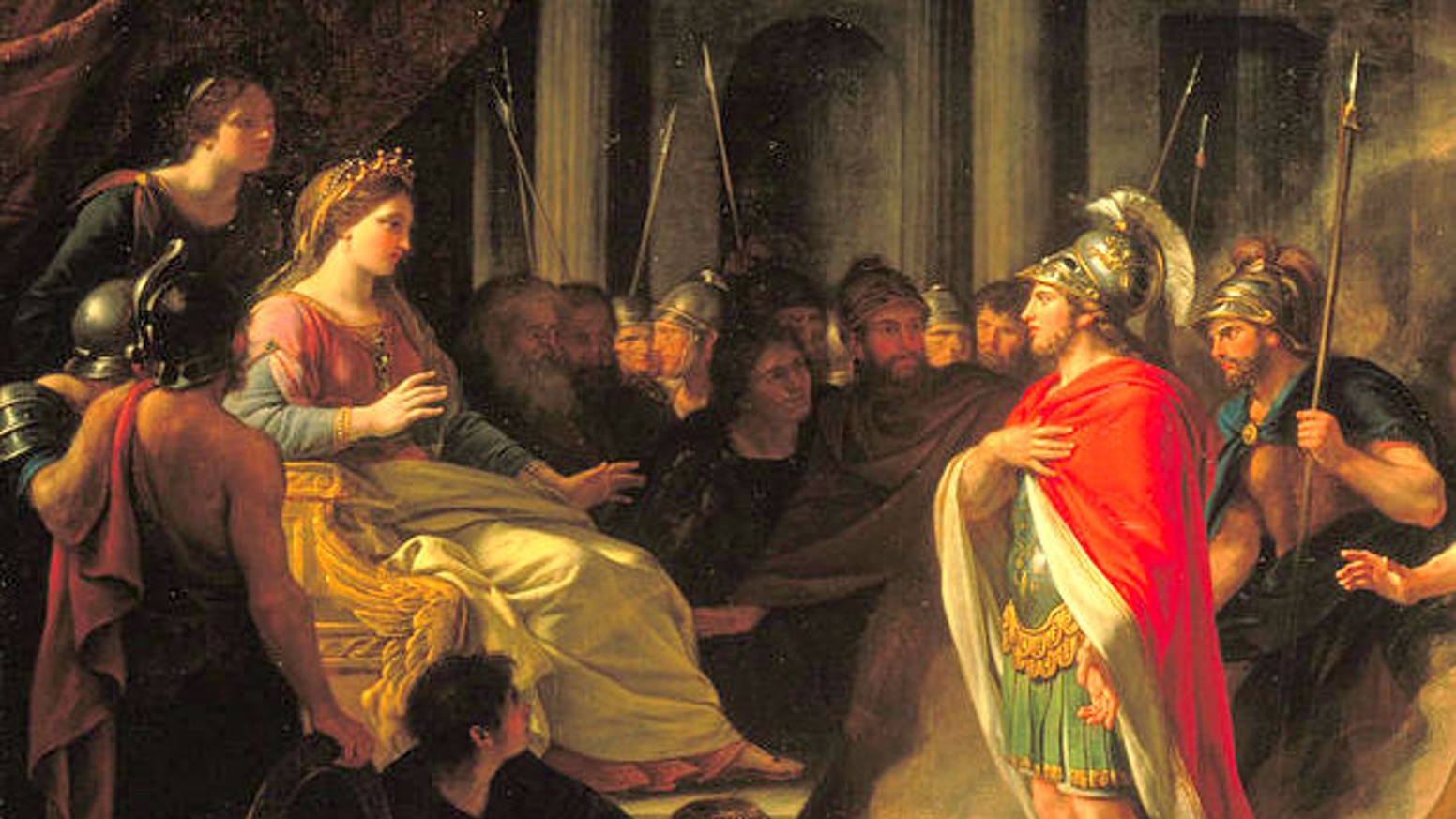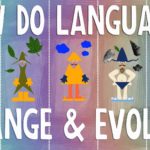Dido: The Hidden Voice – Charlotte Allen
Year 9 Classicists are currently studying Virgil’s Aeneid: a Roman work which tells the story of the Trojan hero Aeneas and his journey to Italy. In Book 6, Aeneas journeys down to the Underworld and there, he comes across his ex-lover Dido who killed herself when Aeneas left her.
In Virgil’s narrative, Dido is silent when she meets Aeneas in the Underworld, turning her back on the hero as he calls out to her. Currently, a movement is sweeping across Britain’s bookstores where writers are striving to create a platform for classical literature’s hidden voices: characters who have been marginalised and silenced by their original Greek and Roman authors. Pat Barker’s Silence of the Girls, Madeline Miller’s Circe and Natalie Haynes’ A Thousand Ships are all novels published this year which focus on re-interpreting ancient mythology from a female perspective. In this vein, Year 9 too have been re-interpreting the Aeneid and what it means to be a hero in our 21st century context.
Below, Charlotte eloquently gives voice to Dido’s tortured and complex soul. Enjoy!
Miss Batten
I hate him, why did he leave me? What happened? Did he ever love me? A turmoil of emotions were swirling in my mind when I got on the boat to the Underworld. I wanted to cry but I did not feel all sad. I felt angry, scared, shocked and hopeless: too many things were in my head to cry. Then one day, when I was sitting on my own in the Underworld, he walks in without a care in the world. At first, I thought he may have killed himself to be with me. A stroke of relief hit me and I was about to run with joy to him. Then I saw the Sibyl and my emotions completely changed. I knew that when the Sibyl came she took people alive to the Underworld. I was devastated and so shocked that he was here. Why? Had he come for me? What happened? Another wave of questions built up in my mind, but the most overwhelming feeling was one of anger.
He ran up to me with a sad expression on his face: one that almost made me forgive him straight away and forget everything that had happened… until he said “It was not by my own free will that I left you.” It was typical Aeneas yet again. He was only thinking of himself and nothing else matters. Blame it on the gods. Blame it on me. It always was the same. My anger over-boiled and I desperately wanted to scream at him but no words came out. I wanted to scream so badly but all I could do was watch him begging for my forgiveness and making up stories about why it was not his fault. Eventually, I could not take it anymore, no more lies, no more “sorries”. So I walked away, as calmly as possible, trying to make my hurricane of thoughts and urges go away, keep them at bay. As I walked off, I felt a refreshing wave of power wash over me. I was in charge, not him, not anymore. I was finally free of my emotions.















1 comment